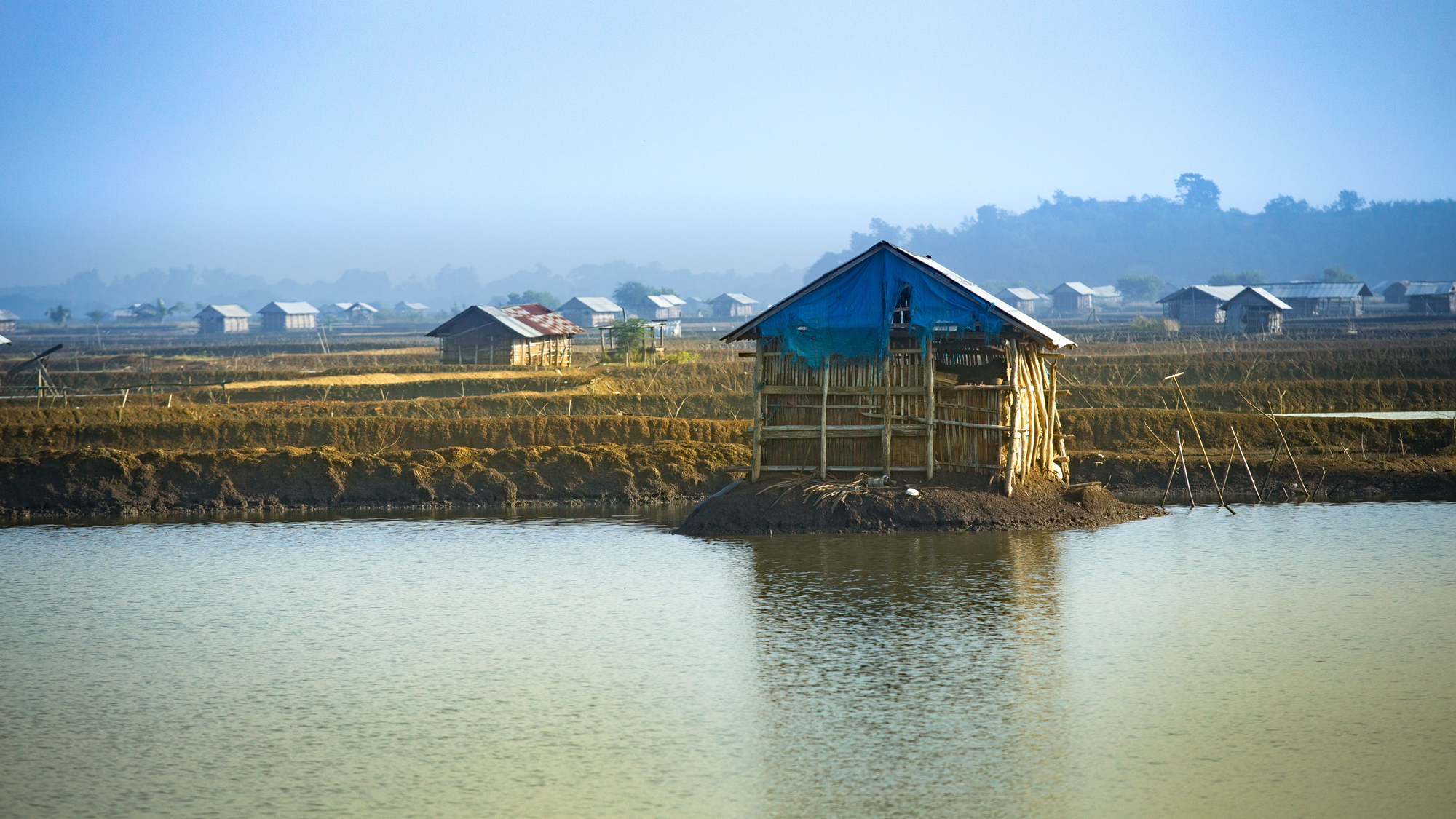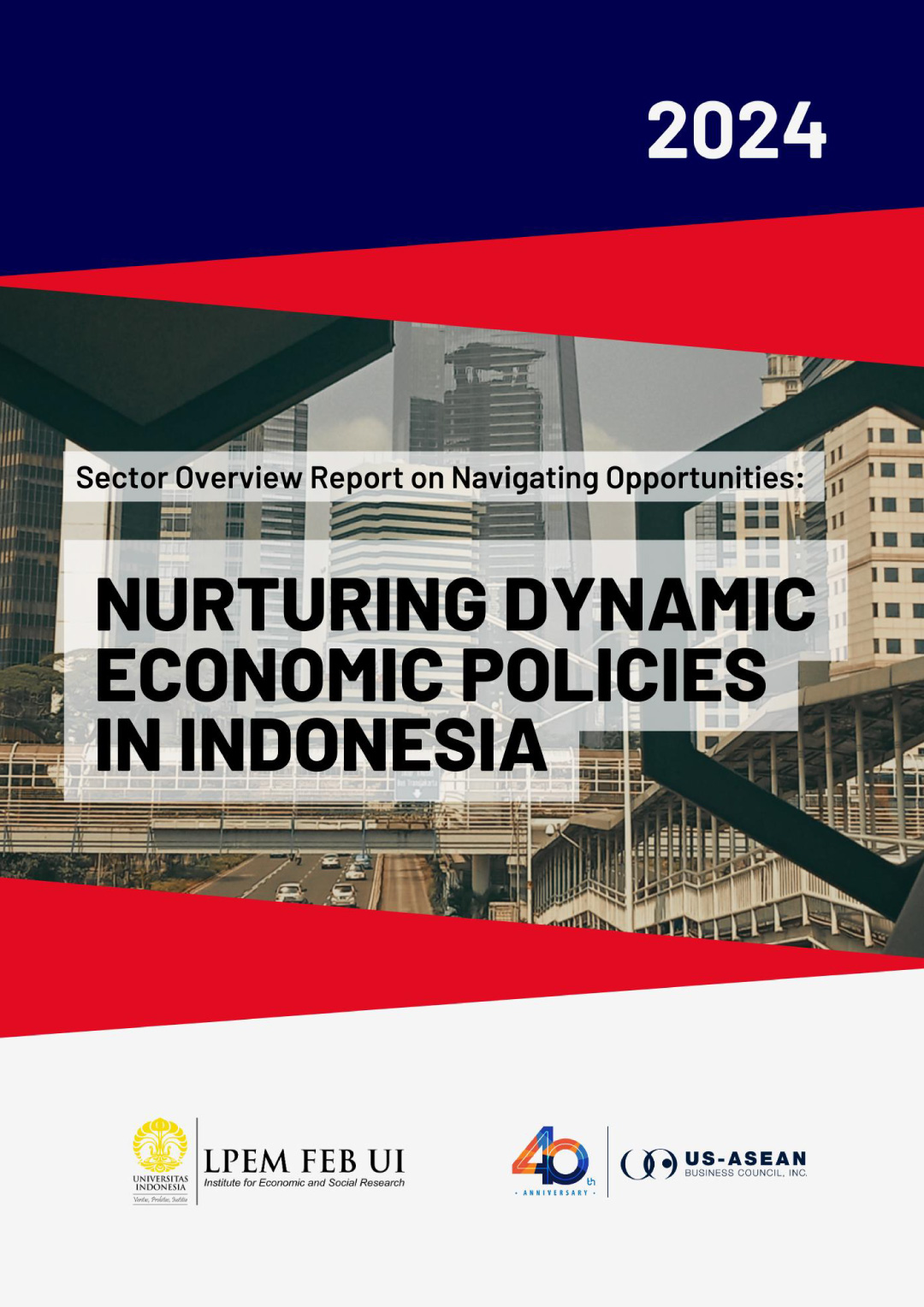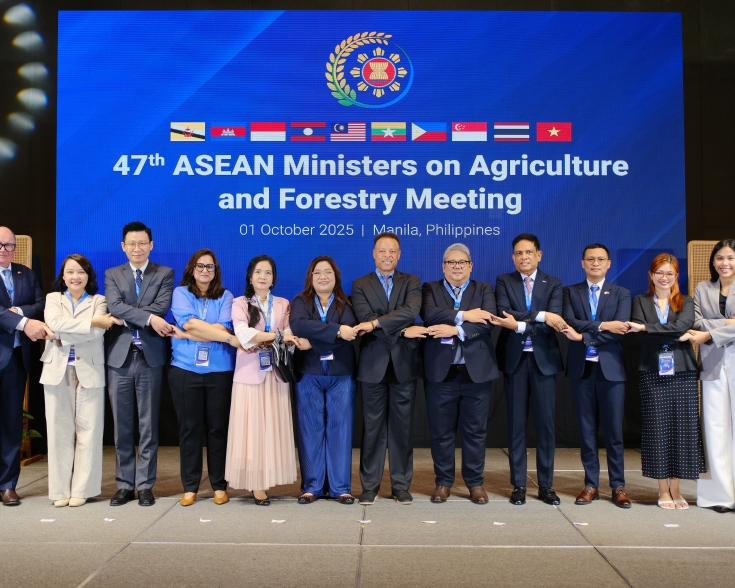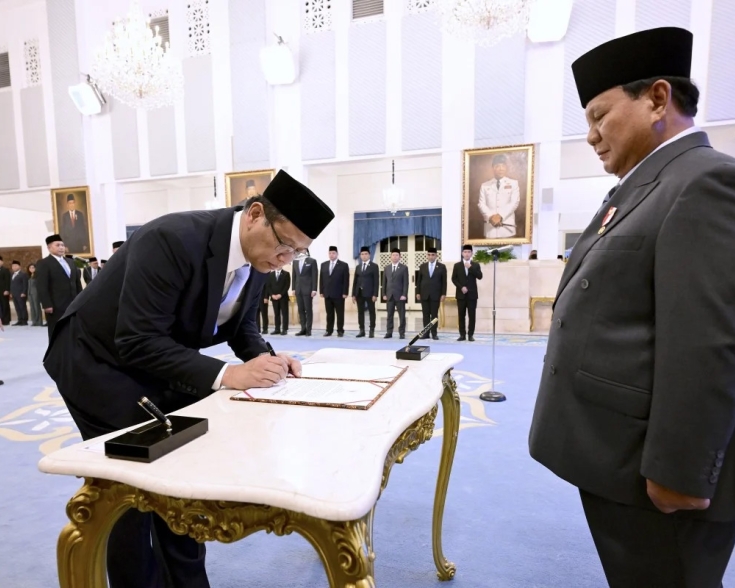Indonesia’s Aquaculture Technology Growth

Aquaculture or aqua farming, the practice of farming seafood, includes various activities such as stocking, feeding, and protection to enhance productivity. The global aquaculture market, driven by rising technological developments, is projected to reach a value of US$421.2 billion by 2030. Indonesia, a major exporter of fish and shrimp, stands at the forefront of this opportunity. Startups in the country are leveraging technology, including using mobile apps, to address challenges such as under or overfeeding, thereby enhancing productivity, reducing costs, and improving the quality and quantity of cultivated seafood. Moreover, technological interventions can expedite harvest cycles, facilitating easier access to markets for farmers. With Indonesia's national focus on fostering technological innovation in aquaculture, the sector is witnessing robust growth, attracting significant interest from international food corporations and investors.
The Indonesian government has set ambitious targets for aquaculture growth by 2030 also to combat high rates of malnutrition and stunting. Initiatives include plans to revitalize more than 300,000 hectares of idle shrimp-farming ponds to produce 2 million metric tons (MT) of shrimp by 2024. Additionally, the Ministry of Marine Affairs and Fisheries aims to export US$7.2 billion worth of fishery products by the end of 2024. However, some challenges such as resource management, sustainable production, and environmental protection necessitate collaborative efforts within ASEAN. Addressing these challenges presents opportunities for Indonesia and ASEAN nations to engage in knowledge-sharing and collaborative initiatives. Focus areas include sustainable environmental planning, particularly in terms of land clearing and waste management for the farms. As ASEAN states anticipate continued growth in seafood demand, aquaculture is poised to play a pivotal role. Enhanced innovation, policy frameworks, capacity building, and monitoring mechanisms are imperative to meet this rising demand sustainably. The US private sector can contribute by extending technological solutions and collaborating with Indonesian start-up companies founded by young Indonesians committed to sustainable food production and job creation. Collaborative endeavors can support Indonesia's goals of fostering productive fisheries, preserving marine ecosystems, and safeguarding biodiversity.









